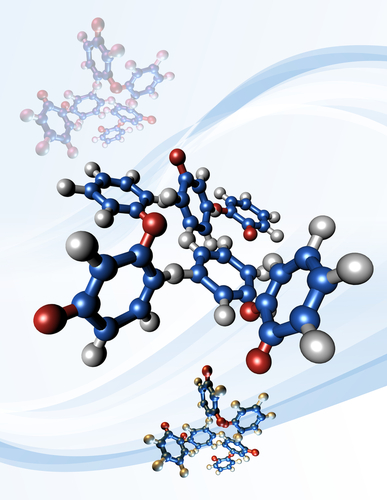



Get new exclusive access to healthcare business reports & breaking news




OncoResponse, a biotech startup formed with the University of Texas M.D. Anderson Cancer Center in Houston, announced, September 11, the closure of a $40 million Series B equity financing.
The round, which was lead by RiverVest Venture Partners, included existing investors Alexandria Venture Investments, ARCH Venture Partners, HT Family Office, Canaan Partners, Helsinn Investment Fund and William Marsh Rice University, as well as new investors Qatar Investment Authority (QIA), and Redmile Group.
“We are very pleased to add RiverVest, QIA, and Redmile to our already strong syndicate of investors as we transition our company’s efforts from identifying drug candidates to developing them for patients,” said Clifford J. Stocks, CEO of OncoResponse.
“Since its inception in October 2015, OncoResponse has done an excellent job leveraging its platform to rapidly screen and discover therapeutically relevant antibodies from patients with elite response to immunotherapy,” said John McKearn, Ph.D., Managing Director of RiverVest Venture Partners. McKearn also added “We believe that their portfolio of unique drug candidates has the potential to help cancer patients, expanding the promise of immunotherapy.”
OncoResponse focuses on immunotherapy, and is currently developing a portfolio of novel antibodies to be used in treating cancer. The company has five drug candidates it wants to push into preclinical and clinical development, using the recently obtained funds. OncoResponse’s discovery platform uses the immune systems of patients who responded well to cancer immunotherapies, finds their specific antibodies formed over the treatment course, and uses those to develop new drugs for patients who did not respond well to the same immunotherapies.
“We now have several antibodies from our cancer patient-derived platform that are directed at modulating immunosuppression of the tumor microenvironment. This new capital will allow us to advance our programs through preclinical development and enable us to move our lead programs into clinical studies,” said Clifford J. Stocks, CEO of OncoResponse.
The company officials are being fairly optimistic about short term results. By the fourth quarter of 2020, Stocks says, the company will be in the clinical trials stage for a targeted antibody directed to immune response suppressors in the tumor microenvironment. The company could be making trial data public in early 2021, he said.
This is potentially great news for those who suffer from gastric, colorectal, and non-small cell lung cancers, as well as melanoma, since the specific antibody could enhance the response rate of the respective checkpoint inhibitors.
According to the American Cancer Association, immunotherapy is a treatment that uses certain parts of a person’s immune system to fight diseases such as cancer.
This can be accomplished either by “convincing” your own immune system to work harder or smarter to attack cancer cells, or by giving your immune system new weapons entirely, such as man-made immune system proteins.
Immunotherapy treatments work differently depending on how they have been designed. Some drugs simply boost the body’s immune system to help it fight the disease, while others include targeted solutions, which “teach” the immune system how to destroy only cancer cells.
Some types of cancer are more responsive to immunotherapy, while others are not. In some cases, immunotherapeutic treatments can be used as single units or may be combined with other types of treatment.
In the last 20 years, immunotherapy has increasingly been used in an effort to treat some types of cancer. Researchers now concentrate on innovative types of immune treatments, which are expected to change the way we will be treating cancer in the future.
However, OncoResponse is not the only company focusing on this specific field. RootPath recently raised $7 million to “develop a novel proprietary approach to immunotherapy.” Cancer immunotherapies is also one of the focal points for Epinomics, which was recently bought by 10x Genomics.
OncoResponse discovers and develops highly targeted and immuno-oncology therapeutic antibodies against novel cancer targets. The OncoResponse discovery engine is working to increase the success rate of cancer immunotherapies by identifying novel antibody drug candidates across multiple cancer types from the immune systems of patients who have responded exceptionally well to cancer immunotherapies.